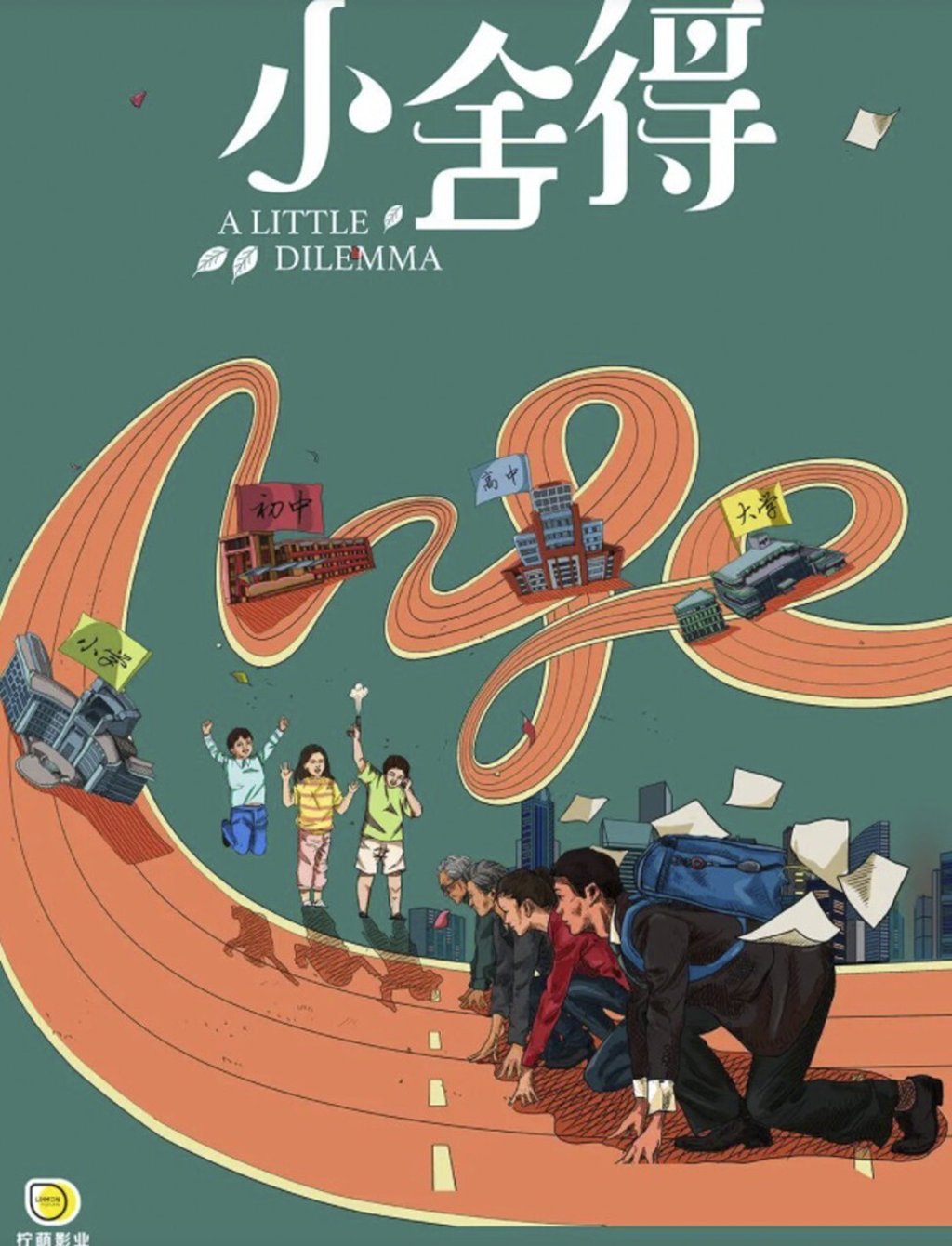Popular Chinese TV series on the pressures of raising children is more effective than condoms: a ‘magic contraception tool’
- A popular television series about the difficult choices around bringing up kids in China is causing a huge internet discussion among viewers
- In most of the social media comments on A Little Dilemma, people have been discouraged from even having children

A popular Chinese TV series about home education has been branded as a “magic contraception tool” because viewers say it discourages them from having children.
Xiao She De, or “A Little Dilemma”, describes two middle-class city-based families making difficult choices about the education of their young children who face fierce academic competition at school.
Screening on TV channels and video streaming websites since April, the series has been rated as one of the top three most viewed and has triggered discussion on social media. “It’s this year’s most magic contraception TV series. It’s more useful than condoms,” wrote one viewer on China’s microblogging site Weibo.
“After watching it, I don’t want to get married and don’t want to have kids,” a second viewer wrote.

“Kids nowadays are so exhausted! They have to start studying from the time they are in their mothers’ bellies. If I have a child, I will simply hope he or she will be happy and healthy,” a third commenter wrote. “But wait, after careful thought, I think he or she should have not-bad scores. That means the kid has to spend a lot of time studying. So don’t have kids. No kids, no trouble at all.”